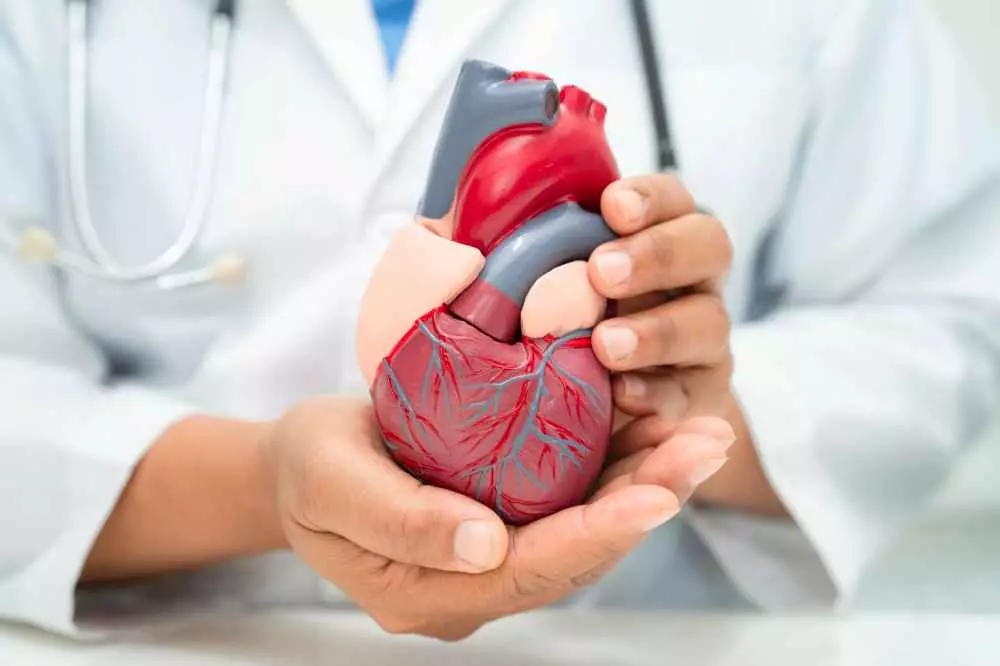Health effects of hyperhomocysteinemia
Hyperhomocysteinemia is a condition in which there is an increased concentration of homocysteine in the blood. It is a worrisome health problem with many possible negative effects on the body. Homocysteine is an amino acid that occurs naturally in the body, but excess levels can lead to serious health problems.
Cardiovascular diseases
One of the main effects of hyperhomocysteinemia is an increased risk of cardiovascular disease. High levels of homocysteine can lead to damage to the endothelium of blood vessels, which in turn affects normal heart function. In addition, hyperhomocysteinemia can increase the risk of blood clots, which can lead to heart attacks and strokes.

Studies have shown that people with hyperhomocysteinemia have a higher risk of death from cardiovascular disease compared to those with normal homocysteine levels. Therefore, it is important to regularly monitor homocysteine levels in the blood and take appropriate measures to reduce them.
Damage to the nervous system
High homocysteine levels can also lead to damage to the nervous system. Excess homocysteine can affect thinking ability, memory, concentration and motor coordination. People with hyperhomocysteinemia often experience problems remembering information, easy loss of concentration and cognitive decline.
In addition, hyperhomocysteinemia can be linked to the onset of depression, mood disorders and other mental health problems. Studies suggest that high homocysteine levels may affect the production of neurotransmitters that regulate mood, such as serotonin and norepinephrine.
Megaloblastic anemia
Hyperhomocysteinemia can also lead to megaloblastic anemia. Megaloblastic anemia is a condition in which the bone marrow produces red blood cells that are larger than normal. High homocysteine levels can affect the metabolism of vitamin B12 and folic acid, both of which are necessary for the proper production of red blood cells.
Megaloblastic anemia can lead to feelings of fatigue, weakness, pale skin and other symptoms associated with red blood cell deficiency. In the case of hyperhomocysteinemia, it is important to monitor vitamin B12 and folic acid levels and take appropriate supplements if there is a deficiency.
Effects on the skeletal system
Excess homocysteine can also affect the health of the skeletal system. Hyperhomocysteinemia can lead to weaker bones and even an increased risk of fractures. Studies suggest that high homocysteine levels can lead to reduced bone mineral density and impaired bone metabolism.
It is important that people with hyperhomocysteinemia maintain a healthy diet, rich in nutrients such as vitamin B12, folic acid, vitamin B6 and others, which are essential for maintaining healthy bones.
Summary
Hyperhomocysteinemia is a serious health problem that can lead to many negative effects on the body. High levels of homocysteine can increase the risk of cardiovascular disease, damage to the nervous system, the onset of megaloblastic anemia and skeletal problems.
Regular monitoring of homocysteine levels in the blood and the use of appropriate preventive measures, such as a healthy diet and the use of supplements, can help reduce the risk of complications associated with hyperhomocysteinaemia.